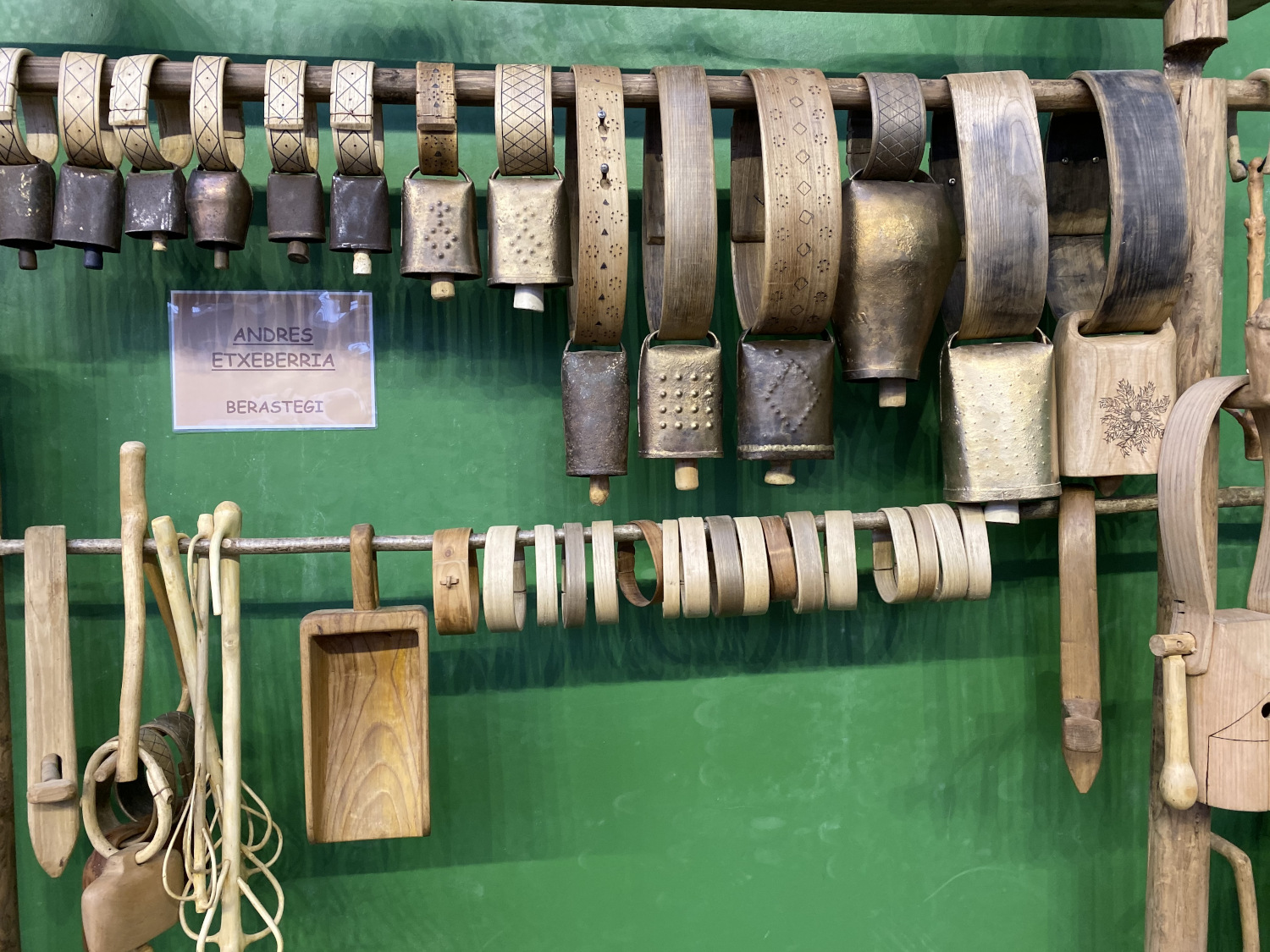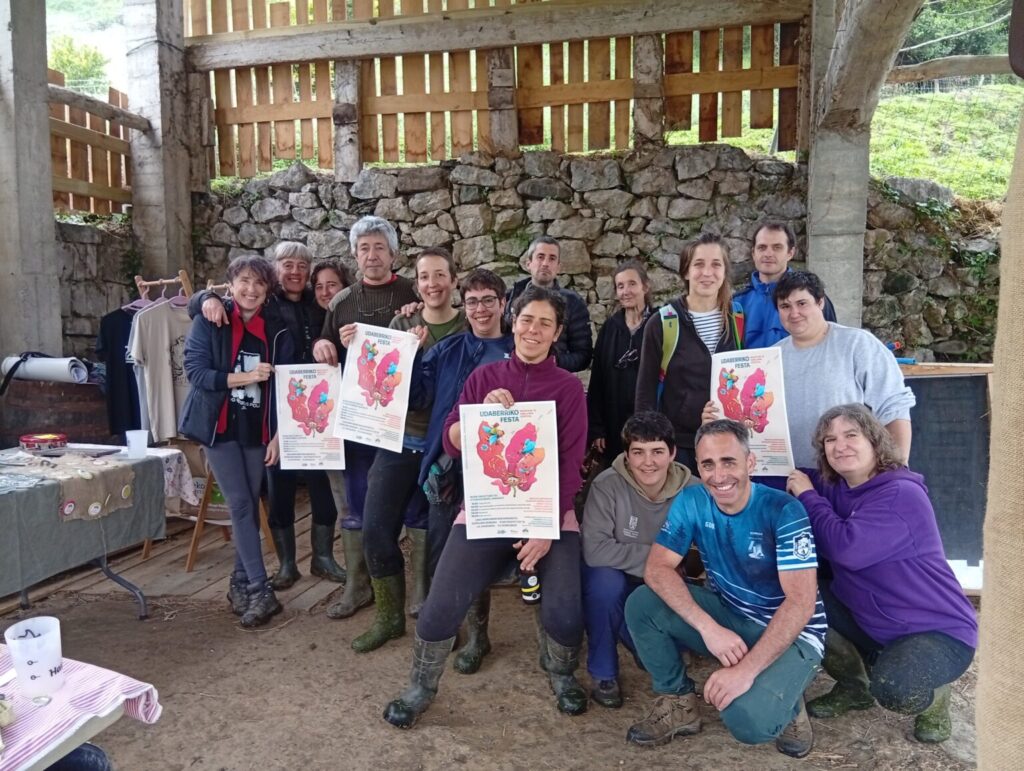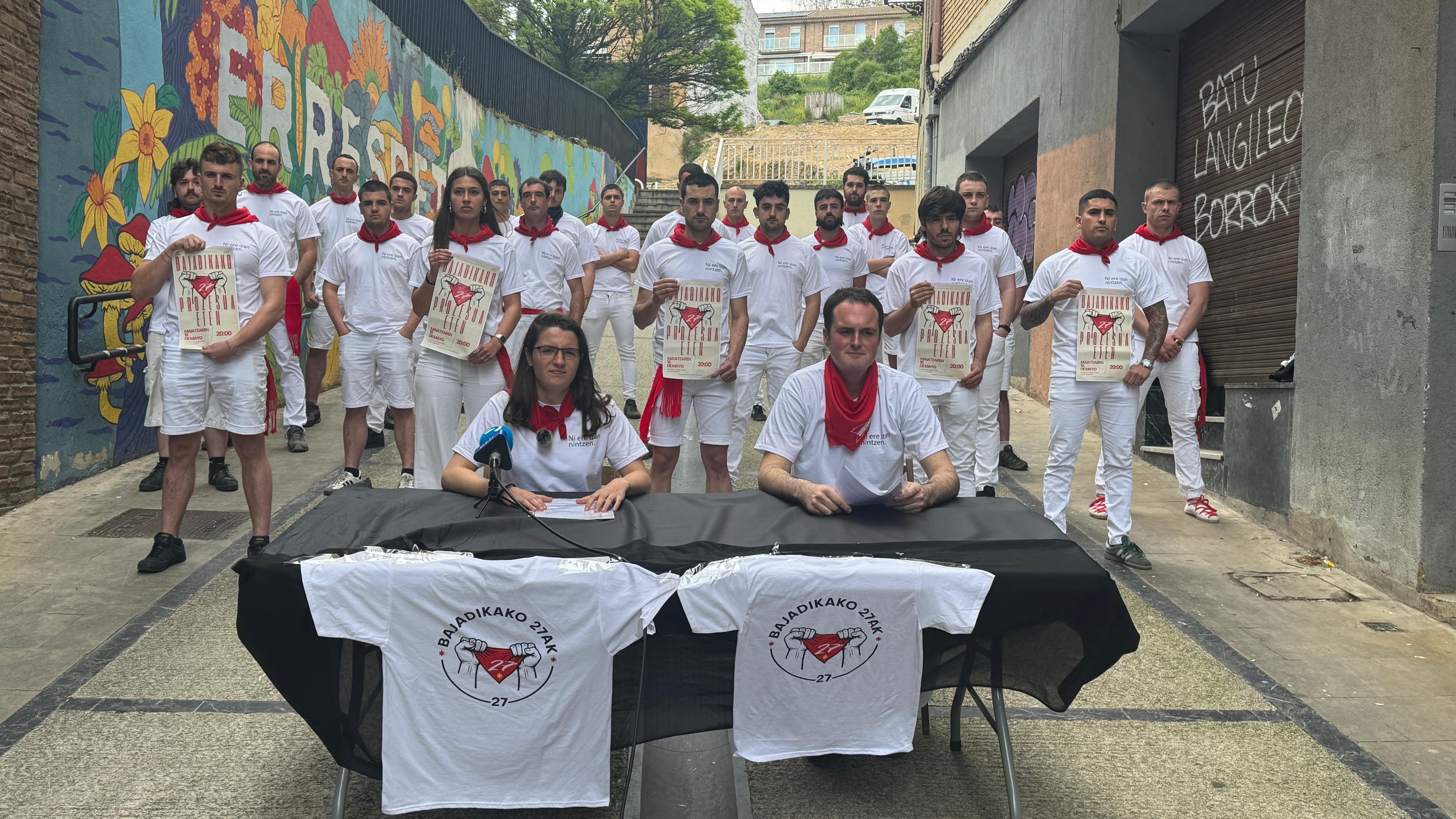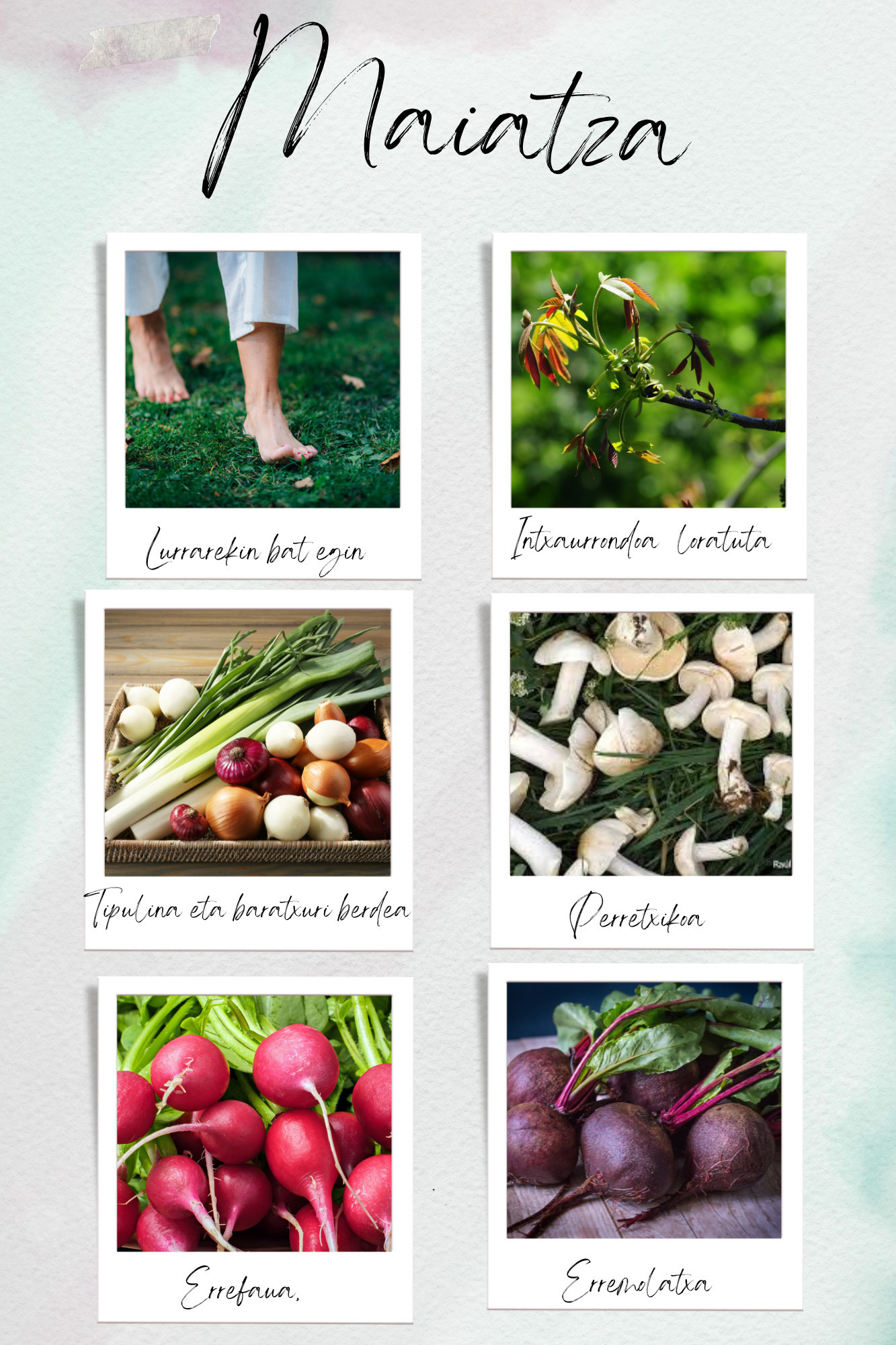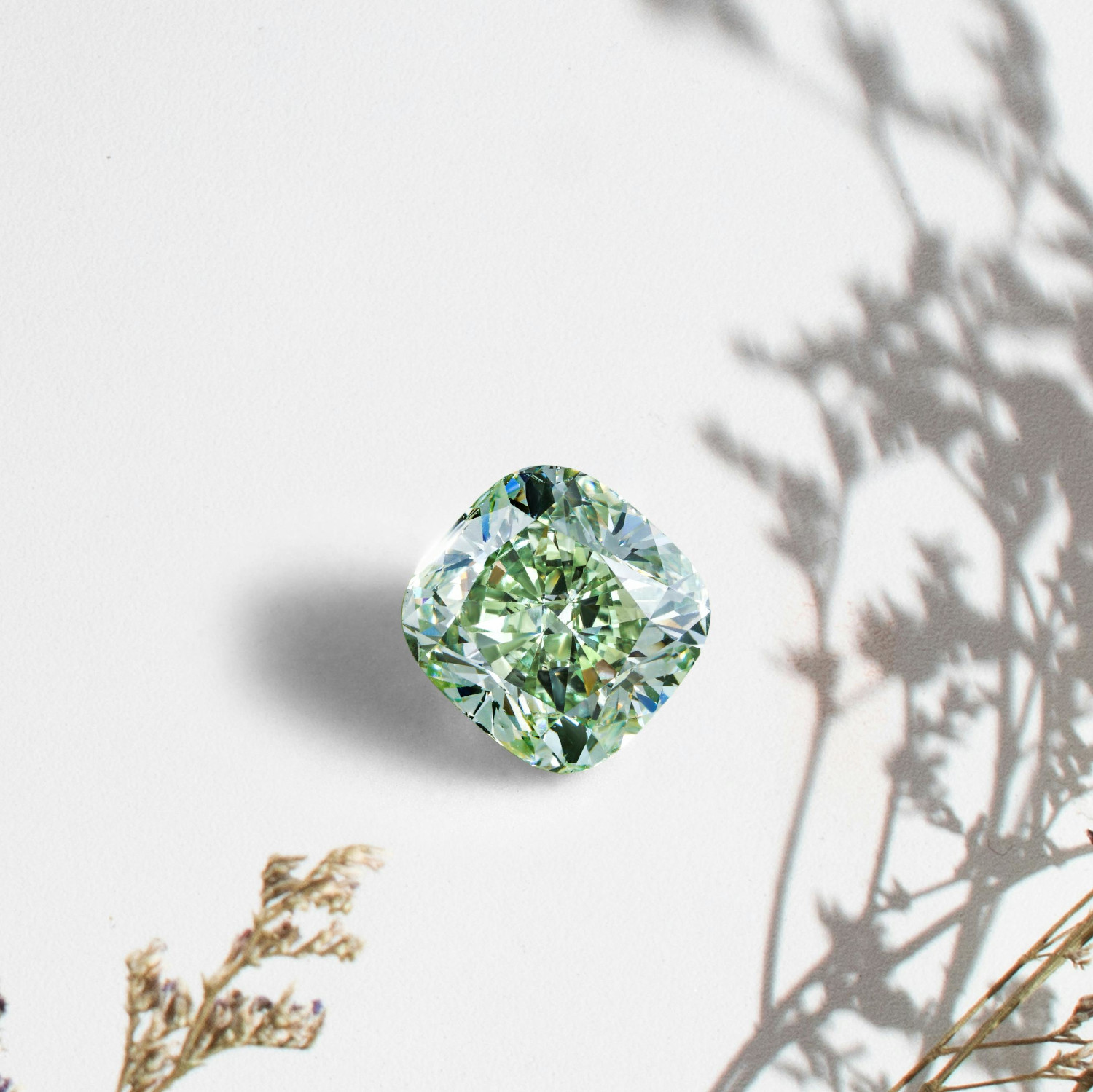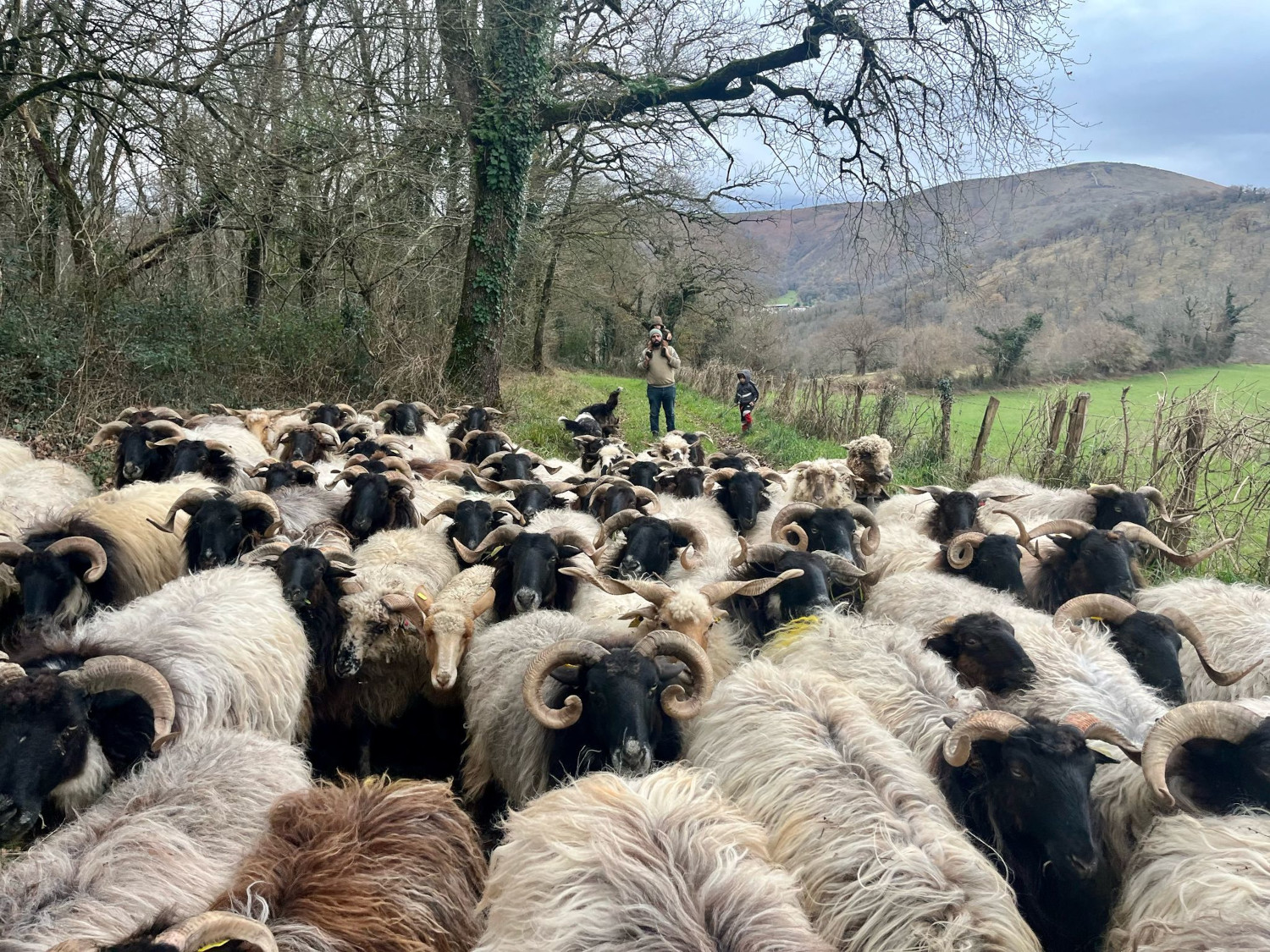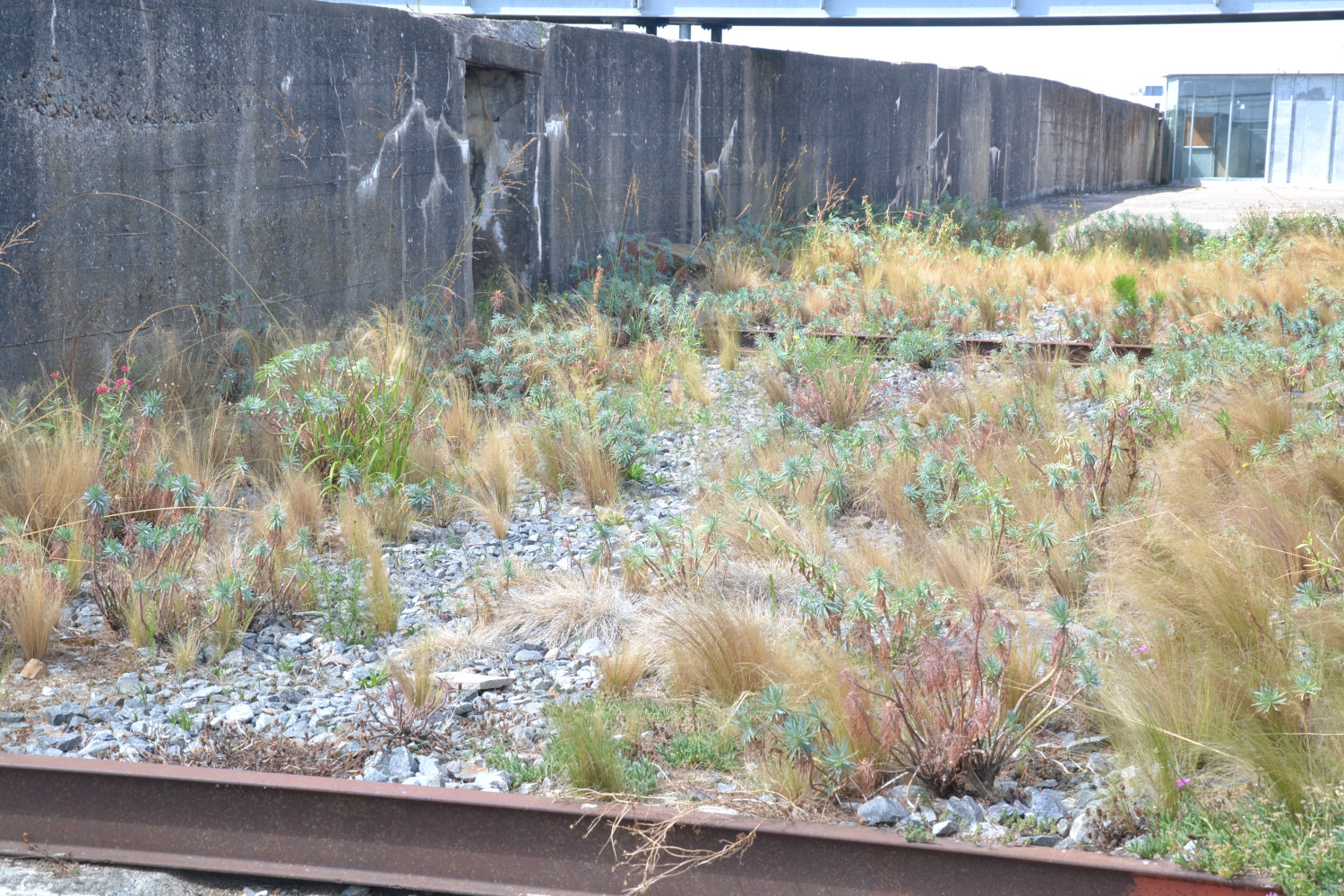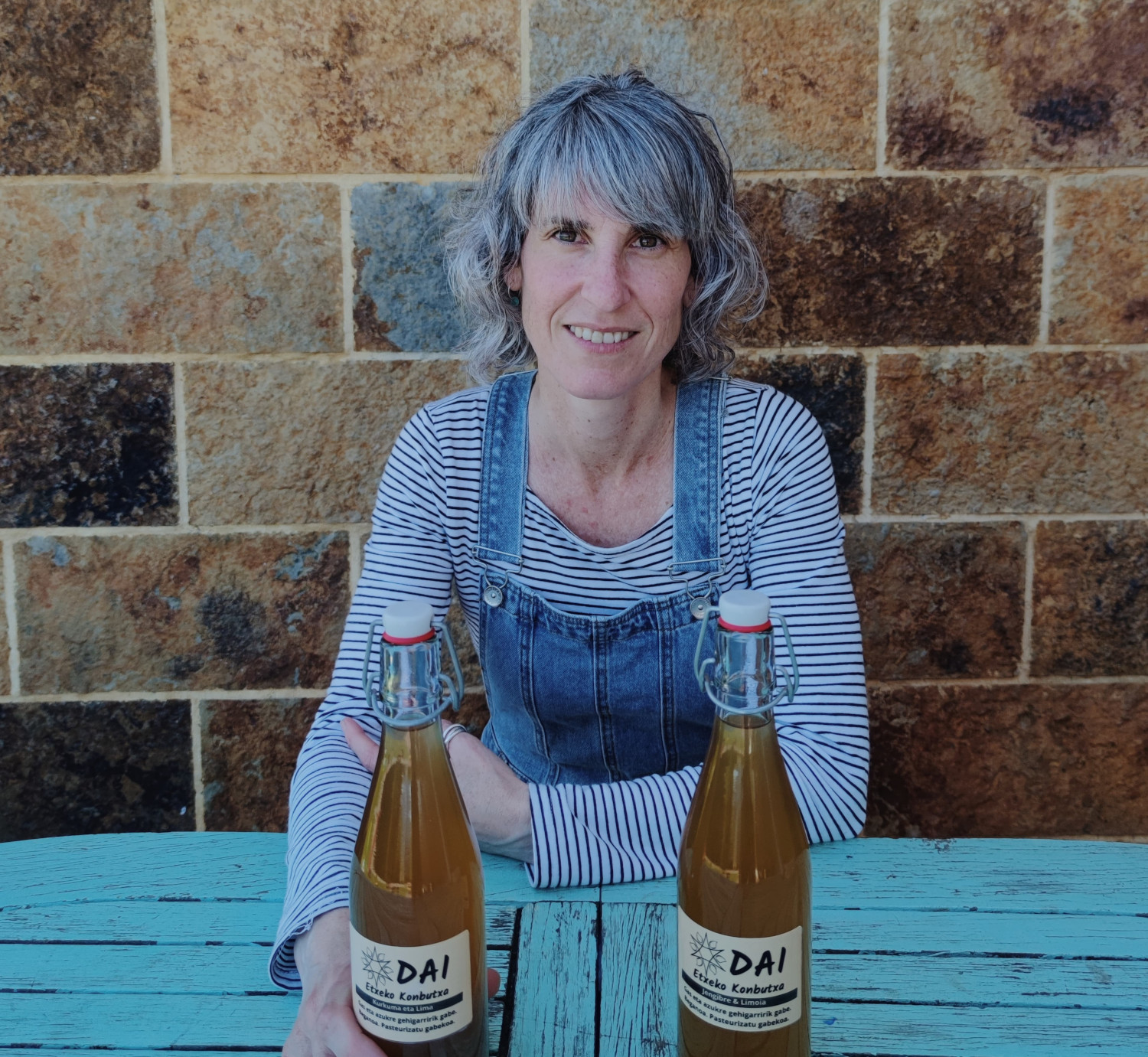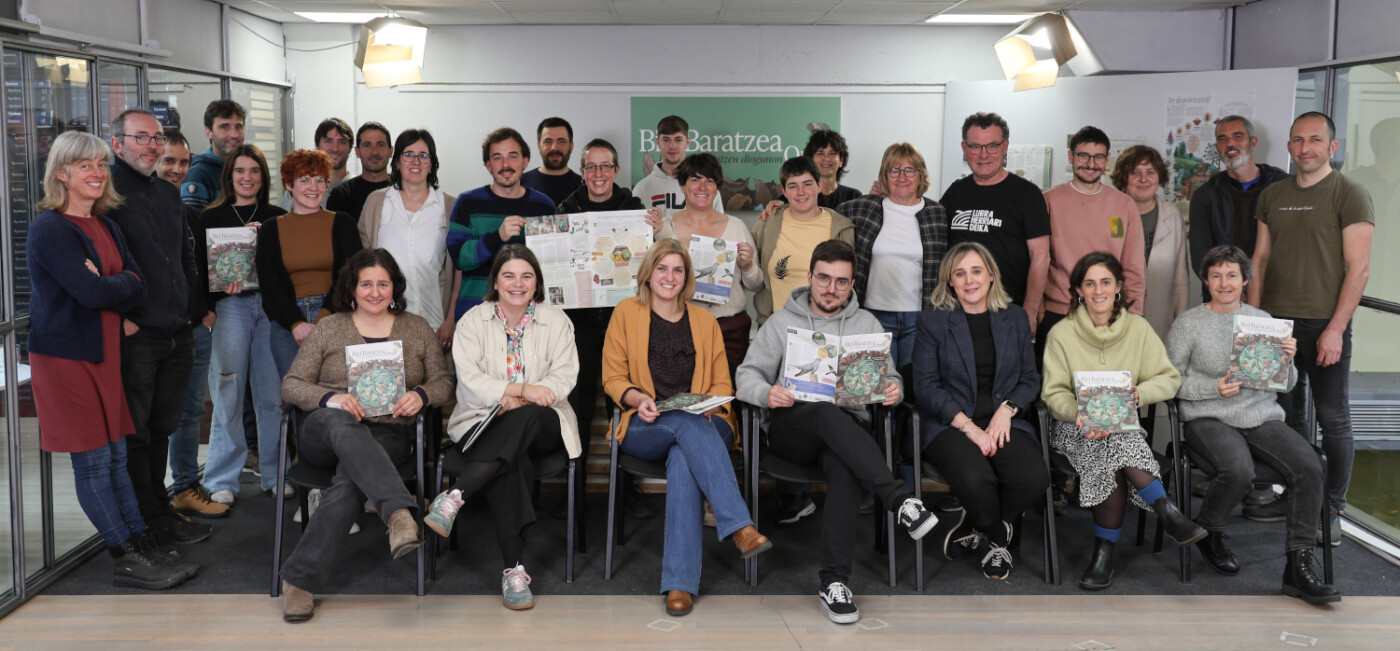Mingranate, Algran and Basque Phoenicians

He took the winter of March, trampled it and took it in front of him. In my opinion. There are some sorcerers who say that until April we will not greet the winter and, taking this into account, they invite me to climb to the summit of Mount Bedaginpi of Urzainqui and call the marti-gallo: “Marti’s red rooster takes advantage of the sack.” The March song of the rooster is against the enemies and spirits we don't like, a good pantheon for the primordial ones.
Purines (Punica granatum) that usually bring winter with it start in late summer and last until recently. And also on this occasion, because I'm passionate. I do not know anyone as his water or his must; I savor him in Istanbul a long time ago and I cannot forget where this palate palate takes me... Whenever I can do it at home. For me the sweetest is the mixture of must with Errezil apple (Malus domestica “Errezil”) and ginger (Zingiber officinalis): stimulant, stimulant and vitalist. There is no such Euskalkola!
We've been working on it for thousands of years. At first he was completely Asian, between Iran and the Himalayas, but you'll find it anywhere in the world. The name of the Punic genre comes from the Phoenician or Punic culture; the ancient smart merchants introduced the miner and its fruits in Rome from Phoenicia. The name of Granatum means a fruit full of grains, the introduction and planting of Al-Andalus by the Arabs gave name to the beautiful city of Granada, becoming the image of the kingdom of Granada. From that granatum comes another Basque name: the villarreal, the apple filled with grains or fruit. Mingrana would also come from a thousand in a thousand...
It is home fruit in most Asian cultures, it shows its fertility, love and fraternity. It is a very popular symbol in celebrations, both in dressing gowns and wedding presents. At the altars I don't know, but at home it does wonders. It has an incredible reputation as a drug: to blur intestinal worms, to turn anemia around, to promote courage and vitality, to delay coughing and stomach pains... It's also being told now if you're dealing with cancer. It also has two curious uses: water from the skin of the fruit is a natural dye, and the “charcoal” generated is a bleaching material of the teeth.
I like the mingrana-mistela or the punisagardo. If you want, take a kilo and a half of clean grain grana and put 750 cl brandy or dry spirits with a cinnamon stick (Cinnamomum verum). During Byzantium Day, I would shake it frequently. Then put it in a regular cloth and remove the juice from the grains. In 1 litre of water, mix half a kilo of sugar, heating it if necessary. Collect everything and bottle. Here's the punishure. Isn't that a nice name? Is it that the Basques have of the Punic, of the Phoenician?








